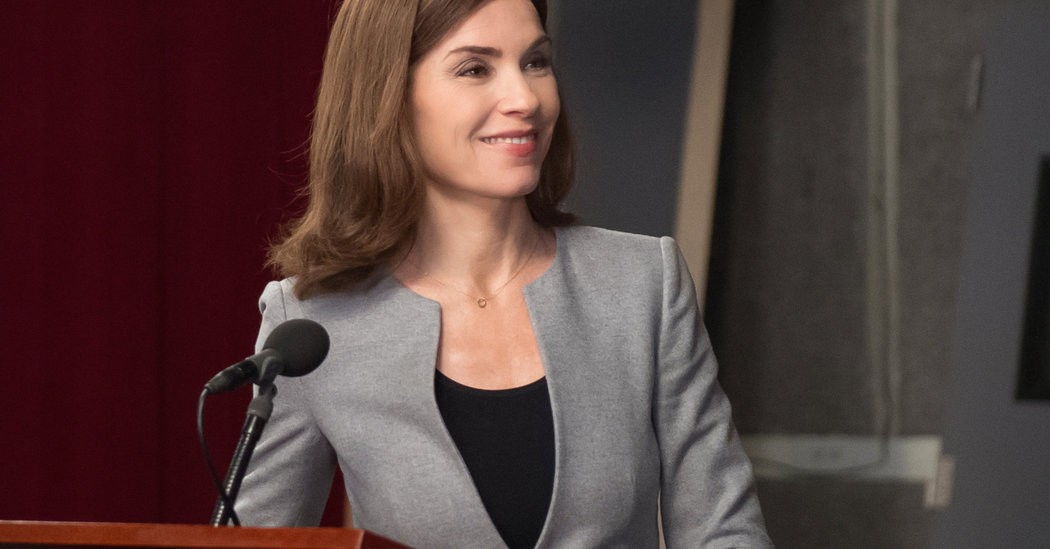
Electoral politics and government as a subject of tv shows

Dear all,
The brutal business of electoral politics and government is now the subject matter of so many popular American and British television shows that one would think that the viewers might have been able to move beyond cynicism about the electoral system to recognition of the fact that it’s all a game of power, plots, deals and pragmatism.
But it’s not an easy thing to do.
There have been shows like The Thick of It (about the spin and political machinations within a British government) and Veep (about a female Vice President and the intrigues of office) which are just pure black humour, while others like House of Cards are compelling in their depiction of the sheer ruthlessness and ambition of the main characters (the Underwoods make the Macbeths seem quite mild). Scandal, which began mostly as a complicated love story (the main character and the married American president are passionately in love), developed into an overblown, increasingly fantastic tale of intrigues, election rigging, sinister intelligence operatives and political backstabbing.
But my favourite and, in my opinion, the most intelligent of contemporary shows about law and politics is The Good Wife. This show is a class apart -- because not only does it raise issues of law through topical events, its plot lines beautifully illustrate the constraints and practical realities of politics. The main character, Alicia Florrick, is the beleaguered wife of an elected politician who stands by her husband when he is disgraced in a sex and corruption scandal. She goes back to work as a lawyer after being a stay-at-home-mum for more than a decade and is confronted, repeatedly, by questions of morality and legality in her work as well as her personal life.
The ‘good’ part of the title is important because the show mulls over whether good and morally right and legal actually converge in systems of justice and politics. Whether it is the death penalty, drone strikes, campus rape, race riots, hacktivists or police brutality, The Good Wife has dealt with it.
But the show’s most recent season was astounding in its depiction of the murky world of electoral politics (spoiler alert: stop reading if you have not seen Season 6!). When Alicia decides to run for public office (states attorney or chief prosecutor of the state), she learns much about campaigning: money and where it comes from and what strings are attached, the media and how to manipulate it, and the truth and how to fudge it.
As Alicia winds her way through this obstacle course of pollsters, donors, and manipulators, she attempts to keep her moral compass steady and somehow cruises to victory. But it’s a real roller coaster of a season, so a voting scandal discredits the election and then we discover somebody had actually programmed the voting machines to cheat. And the machines were left over from a previous election -- one in which Alicia’s party had gained a much-needed majority in the Senate. So the party tells her to step aside and in an astonishing turnabout her own counsel stabs her in the back (figuratively). His answer when she berates him is brilliantly clear: "Two words: two-thirds majority" -- in other words the party is not going to risk their national majority and position of legislative strength for a minor electoral candidate.
The issue of electronic voting being easily rigged also featured in Scandal, and perhaps this is something that actually needs to be looked at seriously now. In the 2000 US presidential race, when George W. Bush’s election was tarnished by allegations of electronic voting irregularities in Florida where his brother was governor, one thought this was just a technical glitch that would be smoothed out over time. However, if tv shows are to be believed, electronic vote manipulation is every bit as do-able as stuffing ballot boxes; and possibly easier to cover up.
Money and religion are two problematic factors for any electoral campaign and no less so in these shows. The money is needed but the donor will want something in return at some point; and religion -- well that’s just a minefield…
Stories show us issues and lead us into a debate on systems and values, institutions and regulations. Television programmes dramatising elections and politics raise awareness of the on-the-ground realities involved in electoral and legislative politics, and the constraints under which individuals struggle in a system which makes unrealistic demands of those who strive to ascend to the pinnacle of power.
Pakistan at the moment is a country obsessed with electoral politics. Yet despite repeated brushes with the indifference and venality of elected representatives, the voters continue to expect their leaders to be incorruptible, high minded beings. The media is often too lazy to look into issues surrounding the candidate’s funding or associations and rather than investigation, continues to engage in a sort of news voyeurism.
Democracy and electoral systems are easily manipulated, and we need to be vigilant on how these systems are regulated. Funding is one issue but quite another relevant one is that of numbers: if regressive elements continue to produce 10 times as many children as progressive elements do, who is going to have more voters after a couple of decades? It’s not difficult to do the math in such an equation. I don’t want to sound like I’m advocating eugenics, but controlling population according to national resources might be something to consider in general as well as electoral terms.
Two words: better systems.
Best wishes